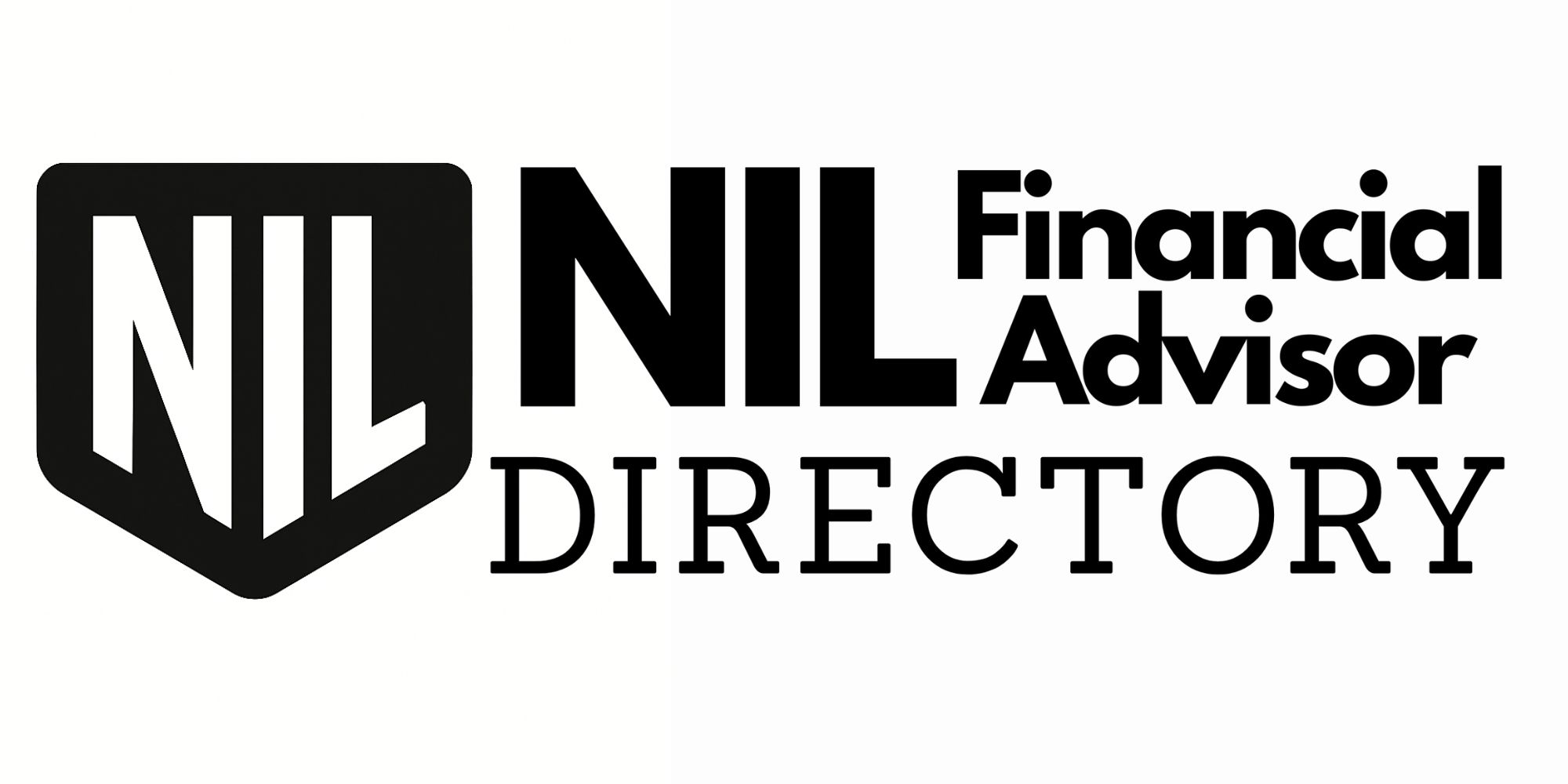How to Vet a Financial Advisor Before You Hire Them
In the NIL era, having the right financial advisor can be the difference between turning short-term income into long-term wealth — or watching it disappear. But not all advisors are created equal. Some are highly skilled professionals with your best interests at heart. Others may lack the right experience or have conflicts of interest you should know about.
Before you hand over your trust (and your money), you need to do your homework. Here’s a step-by-step guide to vetting a financial advisor’s licenses, credentials, and background so you can feel confident in your choice.
1. Understand the Different Types of Advisors
Financial advisors can operate under different titles, each with different rules:
Registered Investment Advisors (RIA): Must act as fiduciaries — legally required to put your interests first.
Broker-Dealers: Can recommend products that are “suitable,” but not always the lowest cost or best option.
Dual-Registered Advisors: Act as both an RIA and broker-dealer, depending on the service.
Knowing which type you’re dealing with helps you understand their obligations to you.
2. Verify Licenses and Registrations
Before you work with someone, confirm they’re legally allowed to give financial advice.
FINRA BrokerCheck (brokercheck.finra.org): Search their name or firm to see licenses, work history, and any disclosures.
SEC Investment Adviser Public Disclosure (IAPD) (adviserinfo.sec.gov): See if they’re registered as an investment advisor, their firm’s details, and any disciplinary actions.
State Securities Regulator: Check if they’re properly licensed in your state.
3. Check Their Credentials
Professional designations show commitment to education and ethics — but not all are equal.
Look for:
CFP® (Certified Financial Planner): Broad financial planning expertise, fiduciary standard.
CPA/PFS (Certified Public Accountant / Personal Financial Specialist): Strong tax expertise.
CFA® (Chartered Financial Analyst): Deep investment management skills.
ChFC® (Chartered Financial Consultant): Comprehensive financial planning training.
Tip: Verify each designation through the issuing organization’s website — don’t just take their word for it.
4. Review Their Background and History
Beyond licenses, you want to know if your potential advisor has ever been in trouble.
Look for disciplinary actions, customer complaints, or legal disputes on BrokerCheck or IAPD.
Search their name and firm online with terms like “lawsuit,” “complaint,” or “SEC fine.”
Ask directly about any disclosures — a good advisor will be transparent.
5. Understand How They Get Paid
Compensation affects recommendations.
Fee-Only: Paid only by clients, usually through flat fees, hourly rates, or a percentage of assets managed (AUM).
Commission-Based: Paid when you buy a product they sell (like insurance or investments).
Fee-Based: A mix of both.
If you want advice with the fewest potential conflicts, fee-only fiduciaries are generally the safest choice.
6. Ask the Right Questions in Your First Meeting
Are you a fiduciary 100% of the time?
What licenses and designations do you hold?
How do you get paid, and what are your total fees?
Who is your typical client, and do you have experience with athletes/NIL income?
Can you provide references from current clients?
7. Trust Both the Data and Your Gut
Licenses and credentials matter — but so does your comfort level. If something feels off, or if they dodge direct questions, move on. The right advisor will welcome your due diligence and respect your process.
The Bottom Line
Vetting a financial advisor takes time, but it’s one of the most important steps you can take to protect your NIL earnings. By checking licenses, confirming credentials, reviewing background history, and asking the right questions, you’ll find an advisor who’s not only qualified but also aligned with your best interests.
Need a head start? Use the NIL Financial Advisor Directory to find pre-vetted professionals who understand the unique challenges of managing NIL income.
